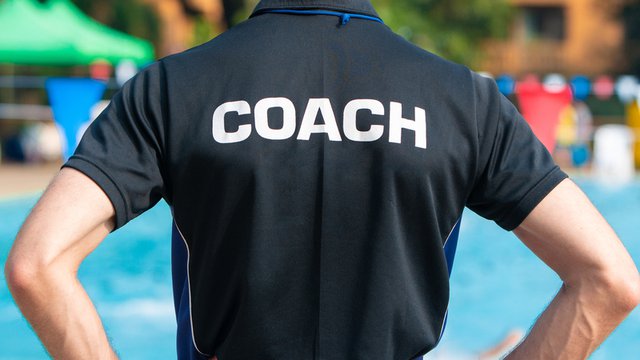

A sports coach is a professional responsible for working with athletes or sports teams in order for them to reach their maximum potential.
They not only focus on the physical performance of their athletes, but also help them in their mental and emotional development.
If you are interested in developing your career in the sports sector, the master in Sports Psychology or the master in Sports Pyschology Online at Real Madrid Graduate School – Universidad Europea will prepare you to enter the workforce the sports sector with the skills needed to succeed.
Becoming a sports coach requires a combination of practical and theoretical knowledge as well as communication and leadership skills, among other aspects. Now, let’s look at some of the steps to follow to become a sports coach.
It goes without saying that the role of a sports coach will vary depending on what sport they coach. The are key differences between a basketball coach and a football coach, for example. However, there are also many aspects all coaches have in common, such as the following:
The sports coach focuses mainly on improving the physical, technical and tactical performance of each of their athletes or teams.
But there is also a strong link between coaching and sports psychology. Away from the competition and working alongside a team of experts with the organisation, a sports coach helps develop mental skills that can make a difference in the evolution of an athlete, thus overcoming barriers, improving their focus and increasing their performance.
The relationship between psychology and coaching is fundamental to be able to address the growth of athletes or groups in a holistic way. Combining physical and mental aspects will lead to an improvement in the general wellbeing of the athletes.
If you like the field of sport, Universidad Europea will give you the necessary training to develop professionally in this sector.